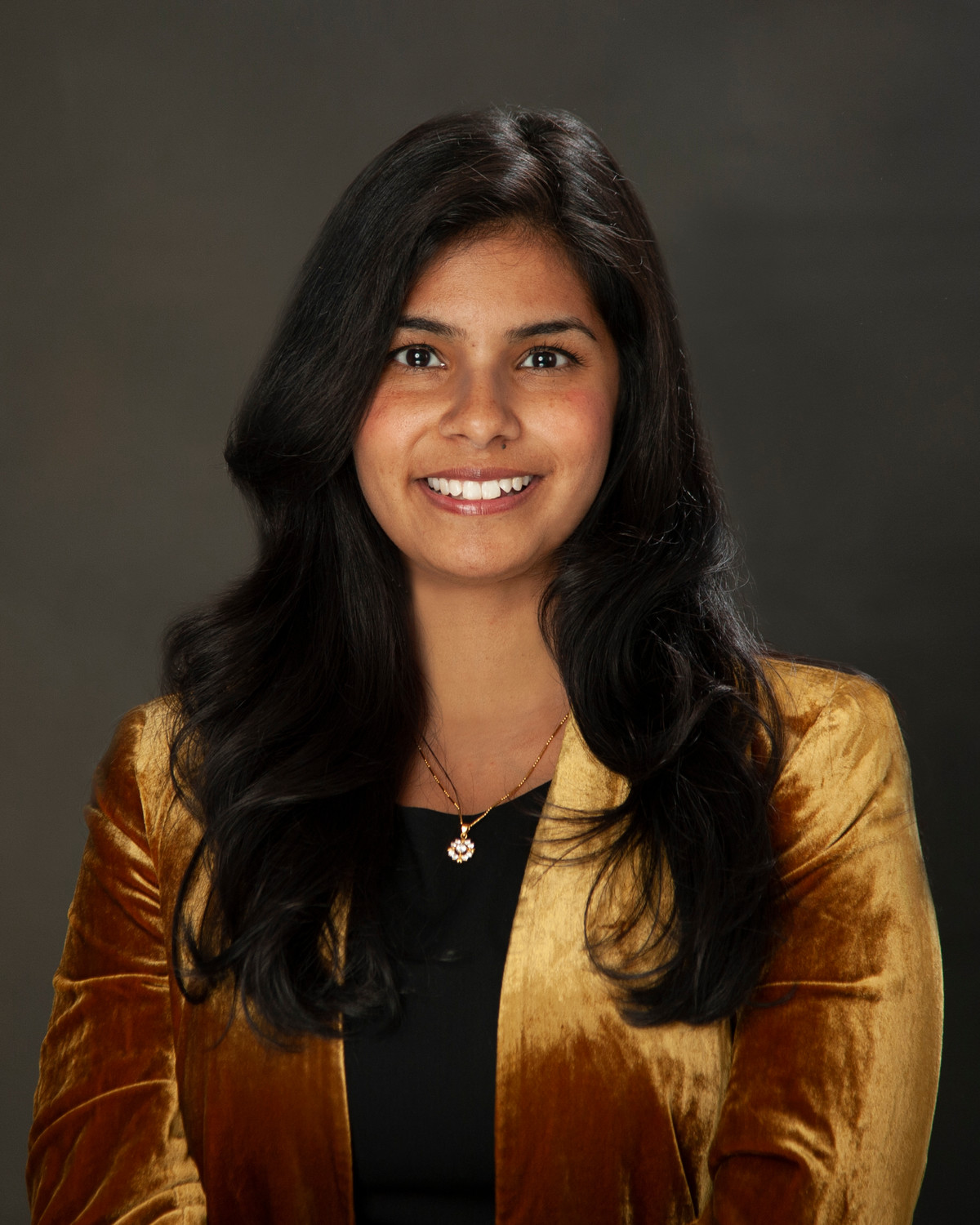Q: I do not have a family history of cancer, when should I get my first mammogram?
The age that a woman should get her first mammogram has certainly become a confusing decision. Let’s remember that today (most) doctors strive for precision and personalized therapy. Each individual is unique and, therefore, the one-size fits all approach is no longer seen as effective. Any recommendation must be based on a woman’s family history and risk of disease, while weighing the risks of the screening approach.
The reason doctors recommend screening mammograms is because they can find some breast cancers early, before there are cancer symptoms, when it is easier to treat and typically requires less invasive therapy. However, there is conflicting evidence on whether mammograms can save lives.
Generally, women under the age of 50 are at lower risk of breast cancer, but risk increases as a woman gets older. Because of this, women ages 50 to 70 are more likely to benefit from having mammograms than women who are in their 40’s.
Mammograms will make a life-saving difference for about four out of 1,000 women ages 60 to 69, and the life-saving benefit is lower for women under 60.
According to the American Cancer Society, a woman has a 1-in-8 chance of developing breast cancer over an 80 year lifespan. The median age of breast cancer diagnosis is 62. The American Cancer Society estimates that approximately 40,000 women will die from breast cancer in the United States. And over 250,000 women will be diagnosed with invasive breast cancer. In 2009, the U.S. Preventive Services Task Force (USPSTF) reviewed the evidence on breast cancer screening and revised their recommendations on breast cancer screening guidelines. Subsequently, several organizations have put forth their own differing recommendations.
Although there are many different guidelines, the most established guidelines are from the U.S. Preventive Services Task Force (USPSTF) and the American Cancer Society. The USPSTF recommends a screening mammogram every two years for women ages 50 to 74 and says that the decision to start regular screening before the age of 50 should be an individual one. The American Cancer Society recommends that women ages 40 to 44 should have the choice to start annual breast cancer screening with mammograms and women ages 45 to 54 should get mammograms every year. Women ages 55 and older should switch to mammograms every two years, or can continue yearly screening. Screening should continue as long as a woman is in good health and is expected to live 10 more years or longer. The American College of Radiology (ACR) and Society of Breast Imaging (SBI) recommend that women at average breast cancer risk begin screening at the age of 40. They also recommend that all women to have a risk assessment at the age of 30 to see if screening earlier than the age of 40 is needed.
The important thing to remember is that mammograms are not 100 percent foolproof. Mammograms can indicate an abnormal result when in fact there isn’t any cancer (also called a false-positive). This often means that a woman might need further imaging studies to make sure that cancer is not present. This includes subsequent mammograms, a breast ultrasound, a MRI, or a biopsy. Along with the worry an additional test may cause, patients may have to have an unnecessary biopsy. Women often believe that an ultrasound or an MRI can replace a mammogram. This is false. An ultrasound is not as thorough as a mammogram in evaluating the deeper portions of breast tissue. MRI, while a solid diagnostic test, can be more sensitive to finding suspicious lesions but it is not accurate and can lead to more false positive results.
So what is the bottom line? Breast cancer screening is an individualized decision to be made with your doctor. Your family history, along with your individual risk, should be considered and used to make the best decision for you. To help you with these discussions, there are online decision aids which can help reduce your anxiety and conflict when it comes to making this decision. If you are at higher risk of breast cancer, there are different screening guidelines for you.
At NYU Winthrop, we have a highly skilled multidisciplinary team who utilize state-of-the-art equipment to ensure that the proper guidelines are followed in order to provide patients with the best diagnostic care so that cancer can be detected early.
To schedule an appointment, or learn more about the NYU Winthrop Breast Health Program, visit www.nyuwinthrop.org or call 1-866-WINTHROP.
Shubhada Dhage, MD, FACS
Dr. Dhage is the Director of Breast Surgery Services and the Associate Director of the NYU Winthrop Hospital Breast Health Program, an Assistant Professor in the Department of Surgery in the NYU School of Medicine and is fellowship trained in Breast Surgery. Prior to joining NYU Winthrop she was the Co-Director of the NYU Perlmutter Cancer Disparities Program. Dr. Dhage has conducted research in tumor genomics, patient decision-making, cancer survivorship, and surgical training. She serves on several national committees including the American College of Surgeons, the CDC Young Women with Breast Cancer Committee, and Young Survival Coalition. She has presented in national forums, published, and has received grant funding to support her work.

 39.0°,
Fair
39.0°,
Fair 




